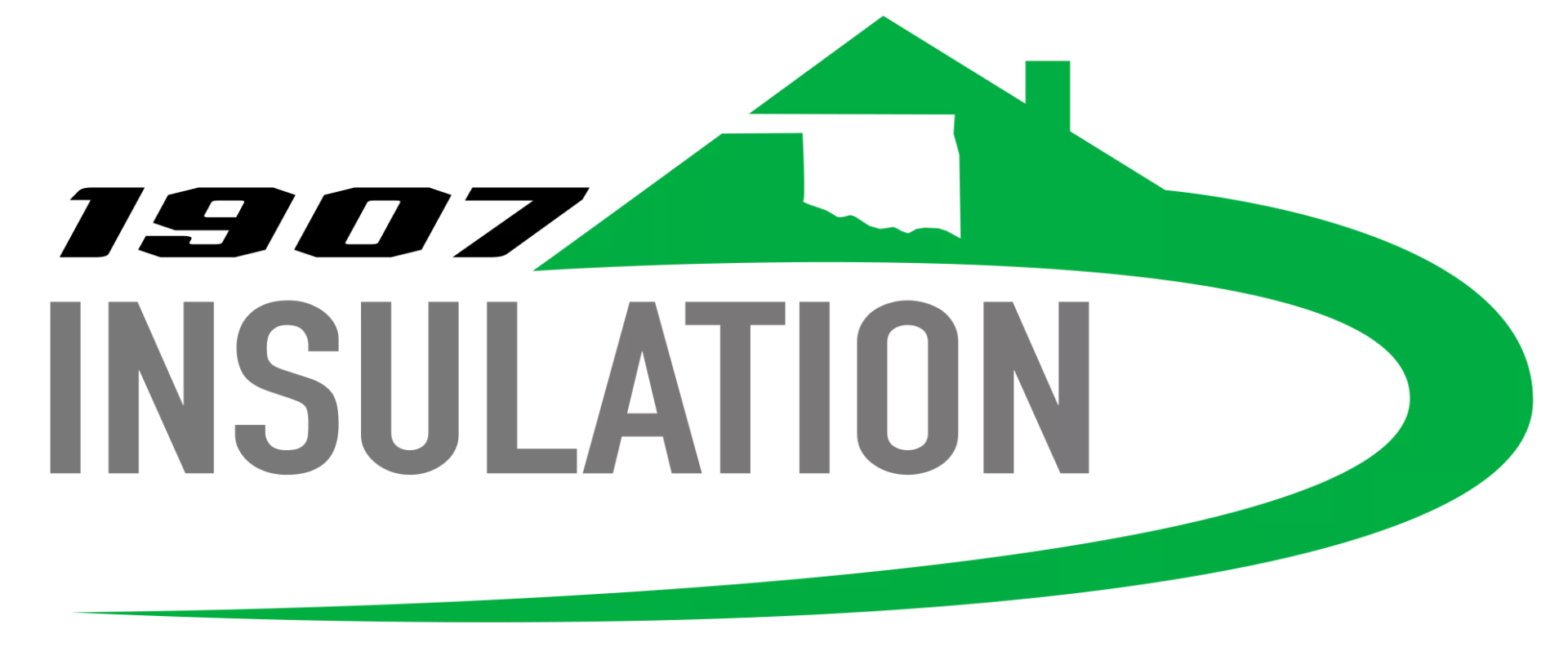Having the right type and amount of home insulation can provide several benefits for homeowners. One of the most significant benefits is energy efficiency. Insulation helps to keep heat inside during the winter, and outside during the summer, which can lead to significant energy savings on heating and cooling costs. Additionally, insulation can help to improve the overall comfort of a home by reducing drafts and hot or cold spots.
Proper insulation also helps to improve the indoor air quality by preventing pollutants and allergens from entering the home and also keeps the indoor noise levels down. It also makes the HVAC system work more efficiently by reducing the load on the system and prolonging its life. Insulation also helps to protect the home’s structure and contents from damage caused by temperature and humidity fluctuations.
Overall, having the right type and amount of insulation in a home can lead to significant energy savings, improved comfort, and better indoor air quality.
6 Key Things to consider:
- R-value: This is a measure of the insulation’s effectiveness at preventing heat transfer. The higher the R-value, the better the insulation.
- Type of insulation: There are several types of insulation available, including fiberglass, cellulose, and spray foam. Each has its own set of benefits and drawbacks, so it’s important to research which type will work best for your home.
- Installation: Proper installation is crucial for the insulation to be effective. Make sure to hire a professional.
- Air sealing: Insulation alone can’t prevent drafts or air leaks. It’s important to also seal any gaps or cracks in the home’s envelope to keep conditioned air inside.
- Climate: Insulation needs may vary depending on the climate you live in. Homes in colder climates may need more insulation to keep heat inside, while homes in hotter climates may need insulation to keep heat out.
- Cost: Insulation is an investment, so it’s important to consider the cost and how long it will take to recoup your investment in energy savings.
- Combined System: Insulation is a primary component to the energy efficiency of an enclosed structure, but works in conjunction with the HVAC system, duct work, door and window seals, water heater and thermostat. While insulation will make a significant impact to the comfort of your home, older structures may require additional upgrades to reach the peak of energy efficiency.
Why Trust 1907 Insulation?
1907 Insulation has the expertise and experience to handle these worries for you. Our knowledgeable and experienced professionals will help you make an informed decision about the type and amount of insulation that is best suited for your needs. As a progressive company we stay up to date on the latest industry standards and advancements in insulation technology. We also provide detailed information about the different types of insulation available and the benefits of each. This allows homeowners to make an informed decision about what type of insulation is best for their needs. We know how to properly measure and calculate the R-value needed for your home, how to properly install the insulation, and how to seal gaps and cracks in the home’s envelope to keep conditioned air inside. And don’t worry, we can handle challenges that may arise during the installation process, ensuring that the job is completed to the highest standards.
We are honored to have great reviews from satisfied customers. These reviews can be found on our website and on various other review platforms. We take pride in our attention to detail and for taking the proper time to ensure that the insulation is installed correctly. We welcome your questions and are motivated to earn your business.
